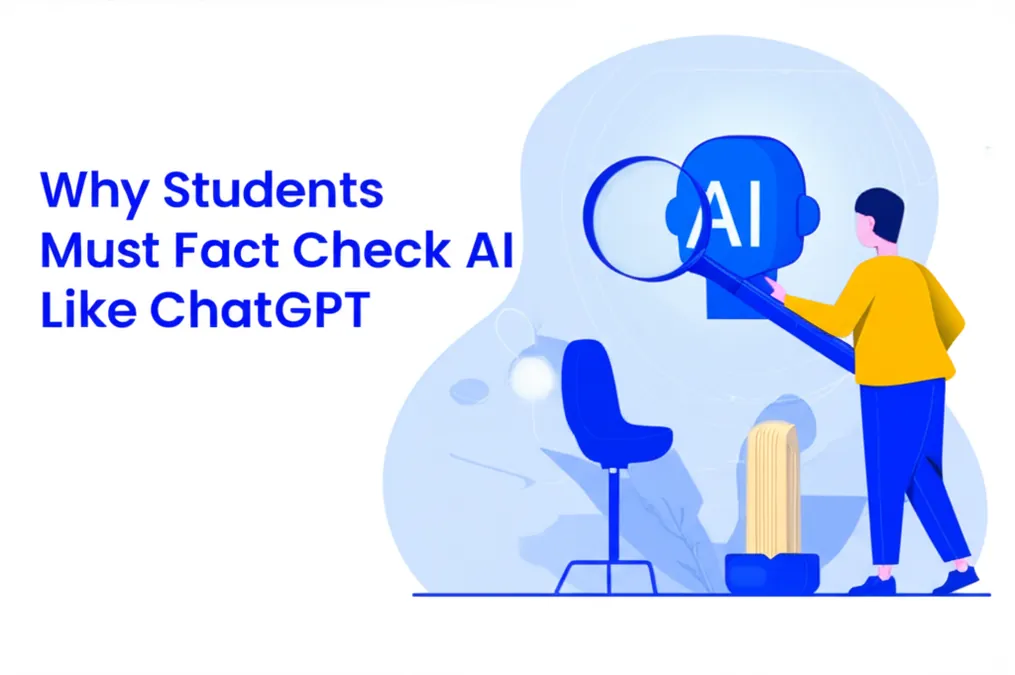Why Princeton Should Fund ChatGPT Plus For All Students
Artificial intelligence is deeply embedded in the Princeton experience. From the Class of 2028's pre-read on AI's societal impact to the university's role in establishing a state-level AI research center, its presence is undeniable. A staggering 80% of seniors in the Class of 2025 reported using generative AI on assignments. University President Christopher Eisgruber ’83 himself has acknowledged AI's promise and the university's capacity to meet its challenges.
Like many students, I use ChatGPT. I personally subscribe to the Plus version for its advanced capabilities in generating examples for STEM classes and performing data analysis. However, the $20 monthly fee is a barrier for many. As generative AI becomes a crucial tool in modern work and research, Princeton has a responsibility to provide all students with free access to premium tools like ChatGPT Plus.
Following the Lead of Peer Institutions
There is already a clear precedent for universities providing access to high-end generative AI. Duke University offers all its undergraduate students access to the latest ChatGPT models through a private institutional contract. This agreement also protects student privacy by preventing their data from being used for model training. Duke even developed its own internal model, "DukeGPT," for institutional use. Other universities have launched similar initiatives, showing a clear trend toward democratizing access to these powerful tools.
Leveling the Academic Playing Field
Currently, an uneven playing field exists where students who can afford sophisticated models like ChatGPT Plus have a distinct advantage. Duke's approach is commendable because it removes this financial barrier, ensuring everyone can use the most advanced and accurate models, such as the upcoming GPT-5. These superior models are faster and more capable at data analysis. Denying students access to these cutting-edge tools simply because they cannot pay is unjust. This situation mirrors the reason Princeton bans outside tutoring—to prevent wealth from creating an unfair academic advantage.
We must accept that students are already using generative AI. The university's best response is to ensure equitable access, preventing cost from creating class-based gaps in learning outcomes. By acknowledging its widespread use, Princeton can transform ChatGPT into a fair and powerful educational resource for all.
Beyond Problem Sets: AI as a Deeper Learning Tool
ChatGPT's value extends far beyond simply generating answers or summarizing texts. In a notable article, Princeton history professor D. Graham Burnett detailed an assignment where students engaged in a conversation with ChatGPT about the history of attention. The experiment revealed that when used thoughtfully, AI can be a valuable tool across all academic disciplines. The process of questioning and interacting with ChatGPT fundamentally changes how we approach learning, and every student deserves to be part of that process.
A Feasible Investment in Princeton's Future
The university's library system already funds a massive network of online academic resources. If Princeton can provide access to nearly every academic journal, it can certainly afford a university-wide subscription to ChatGPT Plus. Given the importance of research at Princeton, these tools should be available to everyone, with provisions to protect data privacy and enhance the quality of student work.
While the potential for misuse exists, providing a premium version is unlikely to create new problems. Students who would be excited by ChatGPT Plus are likely already using the free version. Princeton professors have already done an admirable job of creating assignments that mitigate AI abuse.
AI is undeniably the future. The 2024 Nobel Prize in Chemistry was awarded for AlphaFold, an AI model that predicts protein structures. To prepare students for meaningful contributions in their future fields, Princeton must give them the opportunity to engage with the most sophisticated AI models available. Universal access is the only way to ensure they are all equipped to sharpen their skills as learners and innovators.


